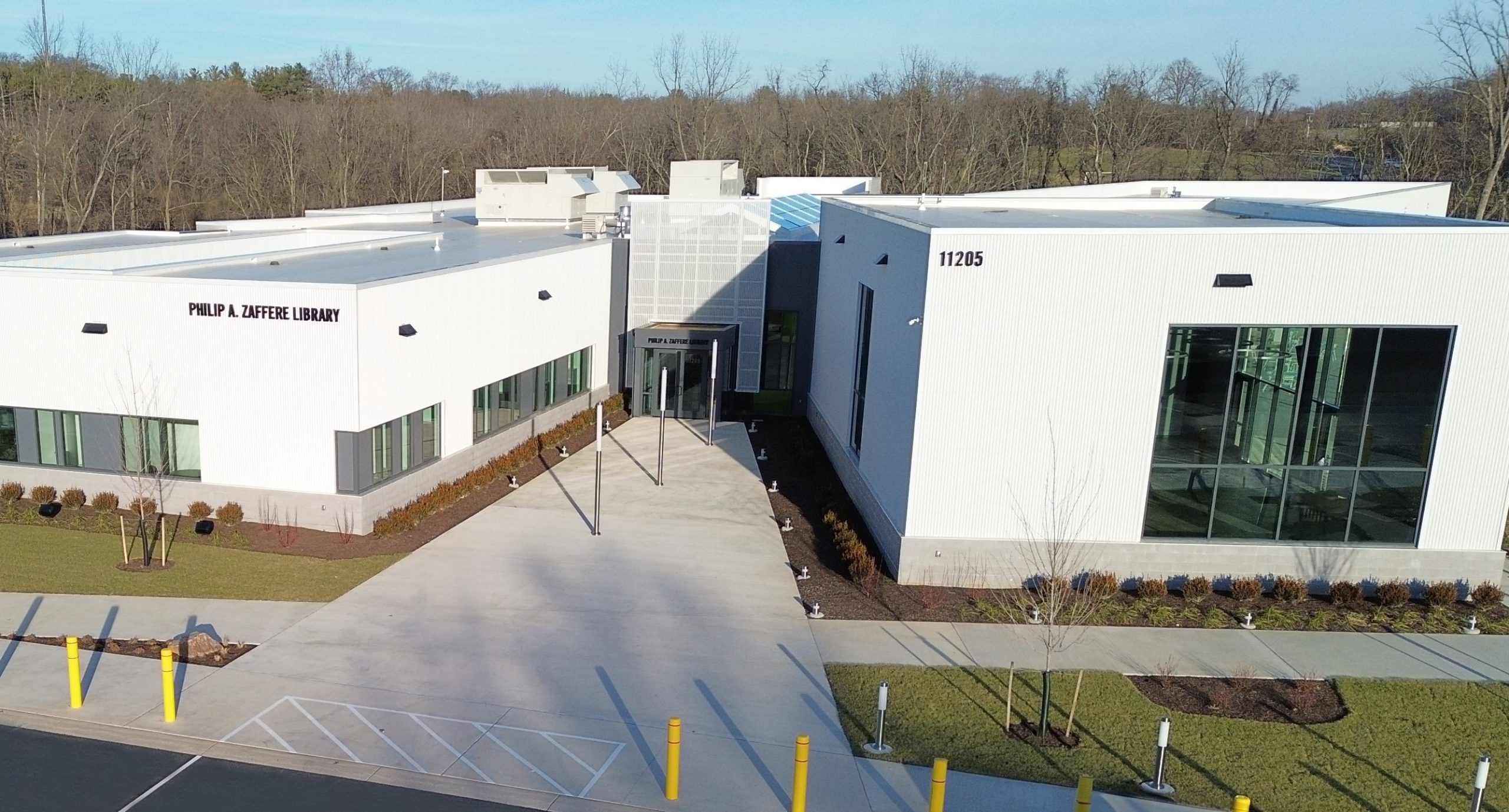
From Chris Zaykoski, Biochemistry Senior:
I’ve been working in Pathology at the Johns Hopkins School of Medicine here in Baltimore. Our lab’s mission is to develop a reliable early detection method to find pancreatic cancer. There are no symptoms of pancreatic cancer until it has progressed to its advanced stage and metastasized to other organs. The five year survival rate is less than five percent at time of diagnosis. Within in the next decade it will become the second leading cause of cancer death in the world. The only way to improve prognosis is to detect it early but there are no current methods to detect tiny pancreatic precursor lesions.
Our lab is searching for genetic markers that may identify pancreatic cancer early. DNA is sequenced from blood, pancreatic juice, cyst fluid, and tissue to identify hot spot mutations common of the cancer. Working in a clinical research lab is very exciting. Some days I’m wearing scrubs in the hospital; other days it’s the white coat in the lab. This experience has put to test and expanded my skills from Stevenson. Working in a world renowned hospital, it is an incredible honor to learn from some of the world’s best doctors and researchers. But, it is also a daily reminder of the tough journey ahead. It will hopefully be the start to my career in medicine and an academic physician.





